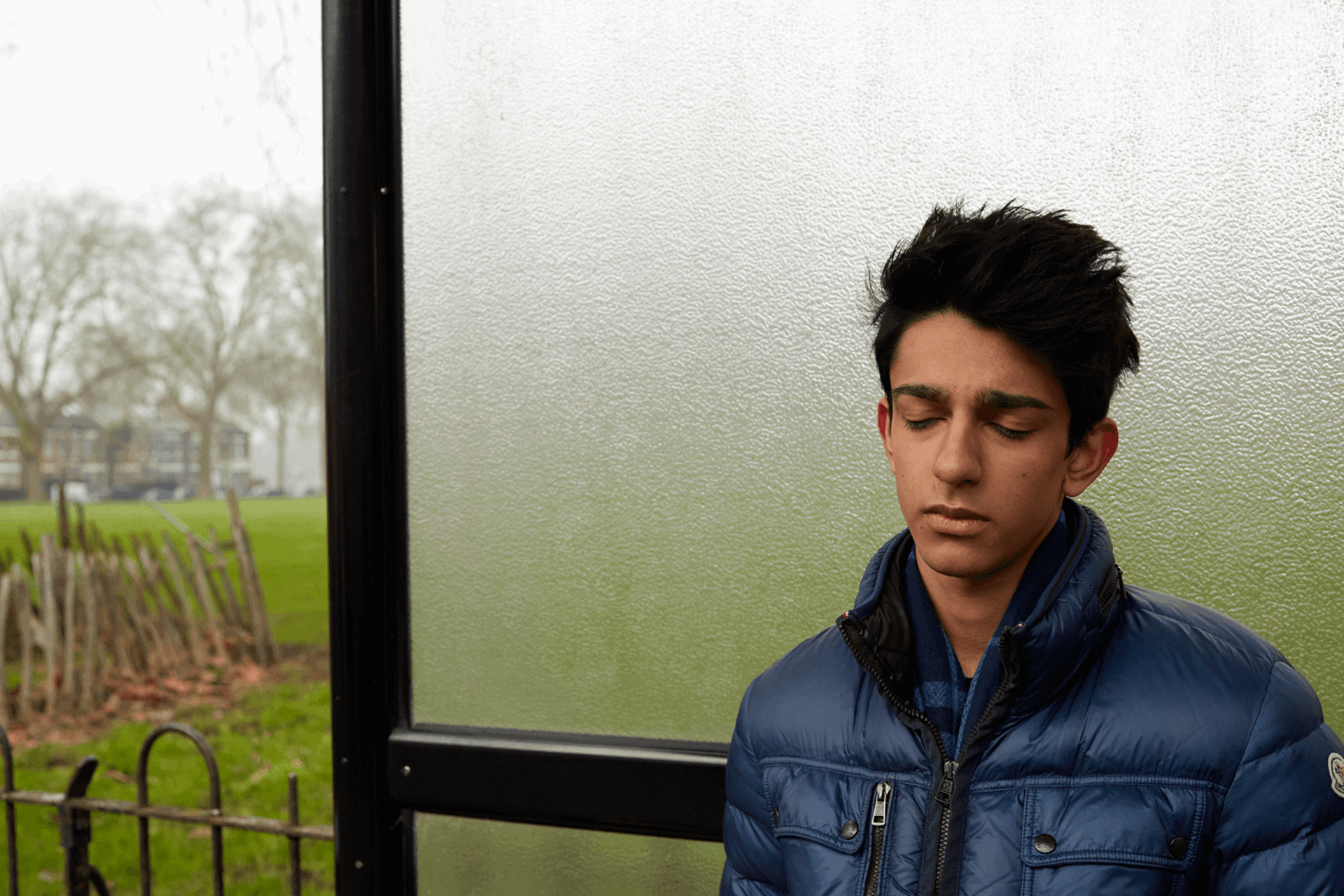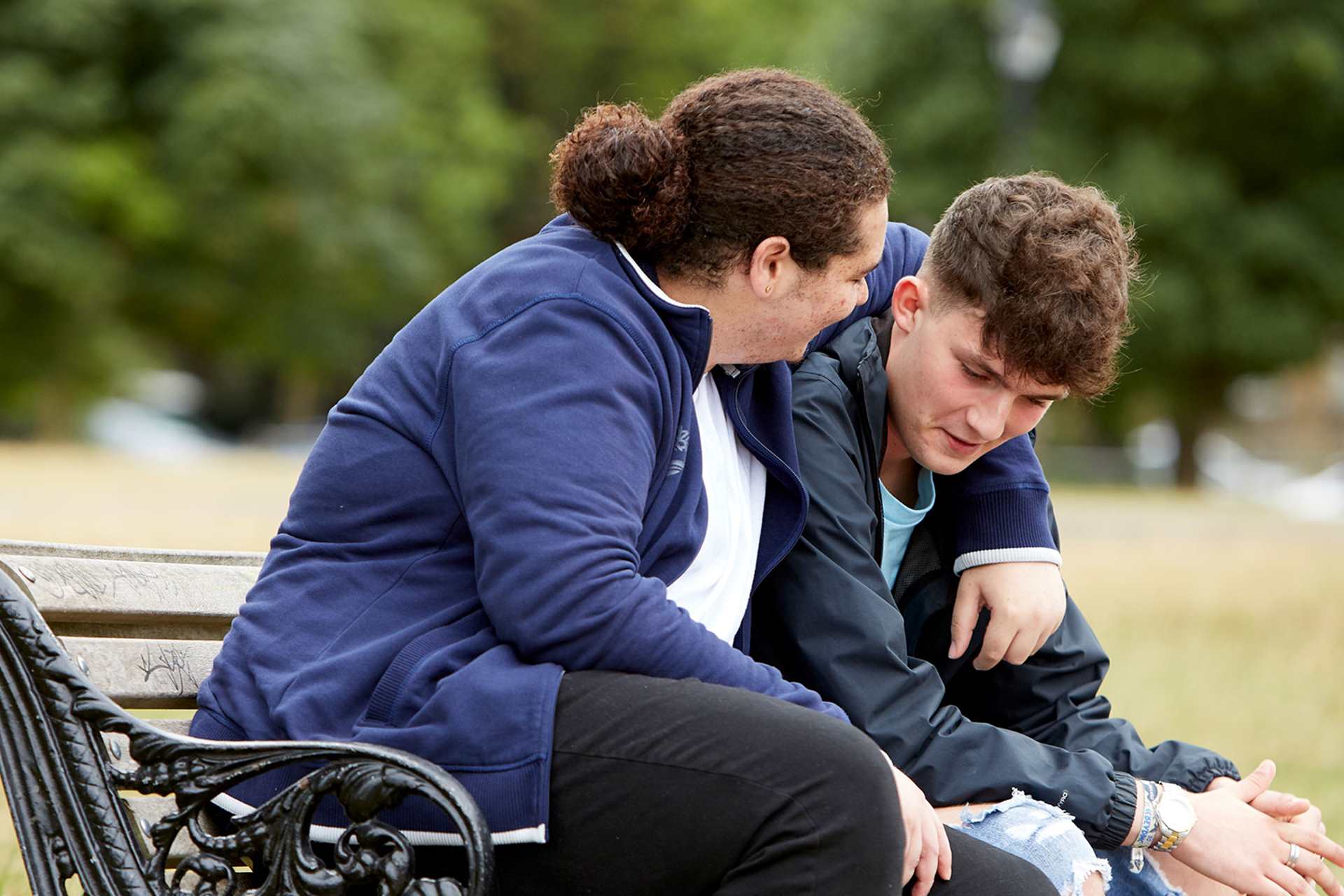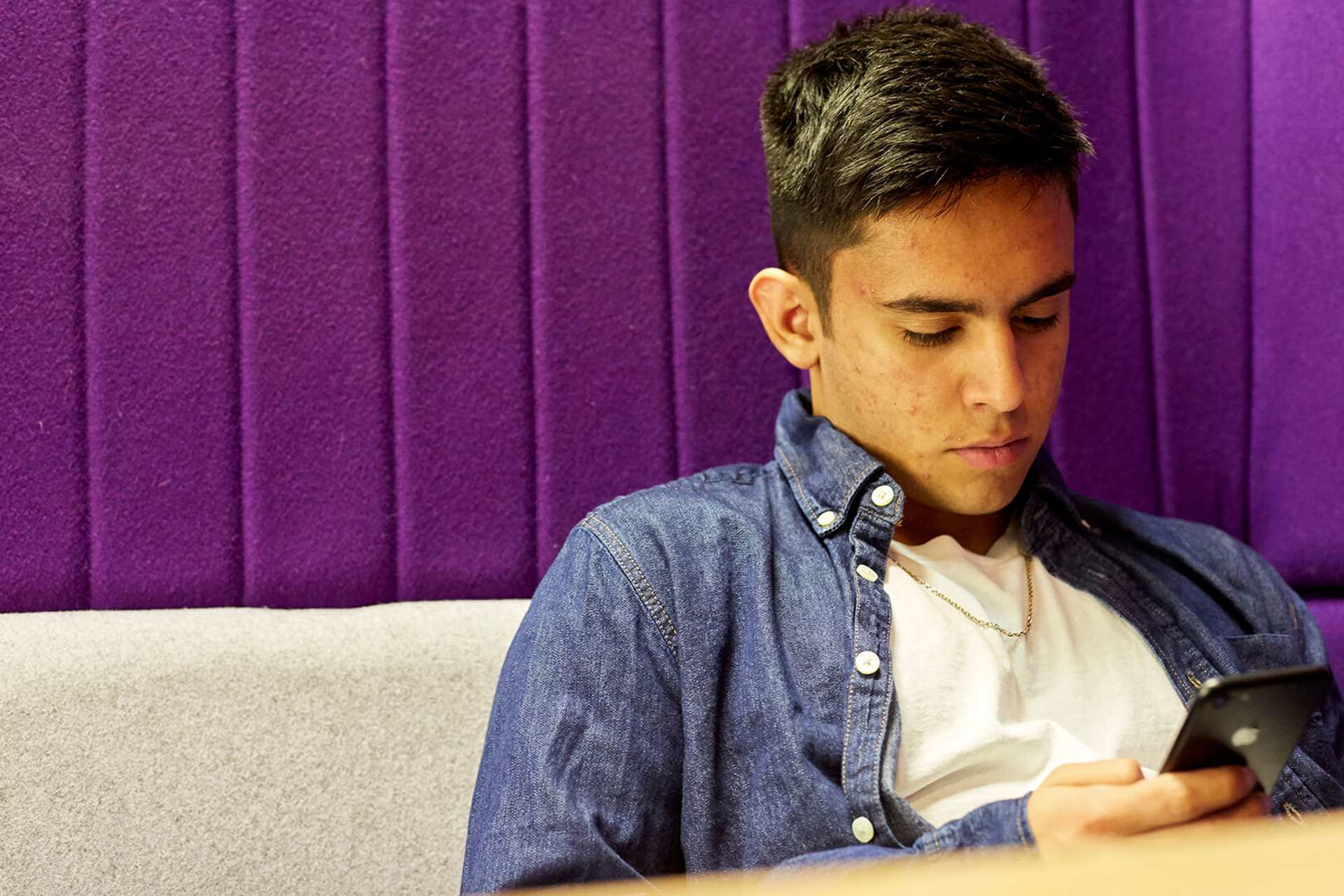Topics mentioned: suicidal thoughts, how to talk to your child about mental health
About: When her daughter became depressed and suicidal, Suzanne Alderson vowed to try and ensure no other parent went through the same experience alone. She founded Parenting Mental Health, a charity and digital community helping those parenting a child with mental health issues, through connection, skills and support. Here she considers what her experiences have taught her about how parents can discuss suicidal thoughts with their children.
Sometimes, in the moments before drifting to sleep, I find myself back in 2015. I am on the phone, clinging to the bookshelf, as the GP tells me my 14- year-old daughter has disclosed the intention to end her life that night. I can still feel the shock surging through me, my instincts willing me to drop the phone, to be as close to her as possible.
Or I am gripping the sides of a plastic hospital chair, my heart hurting as I watch her fragile breaths after a suicide attempt. I will her to want to live, yet see the pain it brings her. I wonder how long I can realistically keep her alive, and who on earth can help me find the way.
The act of holding on – to her, to hope, to anything that could keep us together – became a way of coping as, for many months, my daughter battled us to end her life, and we battled her mind to keep her here.
We succeeded. She graduated from university this summer. Reader, there is hope.
My daughter graduated from university this summer. Reader, there is hope.
But in those darkest days – when what we were fighting felt so unbelievably hard, the stakes so outrageously high; and as she asked, heartbreakingly, why we wouldn’t just let her die – I know how unrealistic it felt to hold on to hope.
We didn’t have the answers. We couldn’t demand change. We didn’t know what might happen next. We were hyper-vigilant, bewildered, exhausted and so deeply, heartbreakingly sad.
When a child is suicidal, we as parents are forced to confront the limits of our influence. Suicide is the ultimate individual choice. We can’t get inside our child’s brain; show them that, despite the pain, there will be joy one day. We can’t make them see that they’ll reflect on this time and understand why they felt this way, but also that feeling differently is possible, that there is hope.
So what do we do? For many parents, the urge is to shut it down. If we don’t acknowledge the suicidal thoughts, maybe they will go away.
So what do we do? For many parents, the urge is to shut it down. If we don’t acknowledge the suicidal thoughts, maybe they will go away.
I know too how hard it is to understand what the difference in risk might be between suicidal ideation – having thoughts about wanting to take your own life - and being actively suicidal – planning to do it. Again, by not acknowledging this and exploring it, might we be able to contain the thoughts?
Sadly not. The big emotions, fears and sense of hopelessness – as well as the lack of agency, visibility and connection that can make suicide an option – will still exist even if we are silent. We cannot shut this down, hope it will go away. Suicidal thoughts do not necessarily lead to being actively suicidal, but even if we don’t think there is an active plan, we have to talk about it.
As parents, on the frontline of caring, we need to be able to have these harrowing conversations. We owe it to our children. And not just that. As parents we can play a powerful role in positively impacting on our children’s mental health. There are ways we can help them – and ourselves – through this.
We need to be able to have these harrowing conversations. We owe it to our children... As parents we can play a powerful role in positively impacting on our children’s mental health.
If your child is having suicidal thoughts, this is what they need you to do
Don’t be afraid to ask if your child is considering suicide. Research has shown that asking someone if they are having suicidal thoughts or planning to die by suicide is more likely to save a life than to make things worse. The clearer your communication, the easier it will be for you both to work out what support is needed.
Agree what safe looks like. Make a safety plan. Ask what can help. Look for your own clues for what triggers and what nurtures. The suicide prevention charity Papyrus has information about making a safety plan.
Believe your child. Suicidal thoughts or attempts are manifestations of the depth of pain your child is feeling. We can find it easier to deny our child’s reality because the truth is too hard to bear; but every time your child tries to share their pain and they’re not heard, instead of making the feelings go away, they go within.
Validate their feelings. Young people may not have the benefit of your years of experience, but validating their experience as true to them, if not true to you, is an important step to help them feel heard and understood. These are protective factors against suicide.
Validating their experience as true to them, if not true to you, is an important step to help them feel heard and understood.
Learn to sit with their pain. It takes time to change and you cannot hurry this through. It’s the ultimate gift to sit with someone in their pain and not try to fix it, however much you want to.
Take care of yourself. Your child wanting or attempting to end their life is deeply traumatic. It leaves unresolved and uncomfortable judgements and emotions for us to process, while we battle to keep them alive. Being compassionate while fearful is tough, so be gentle with yourself. Reach out to a sympathetic friend, find a counsellor or join the Parenting Mental Health community. We’ve been where you are. Helping yourself will help your child.
Believe in your child’s future. However unrealistic that might feel now, change is possible.
- It is important that you seek professional help if your child is having suicidal thoughts. Please visit our page on suicidal thoughts, which includes information on getting urgent help in a mental health crisis.
Where to get more help
If you need further advice on supporting your child with their mental health, take a look at the services below that can help. For information about CAMHS and how to access support, read our parents' guide to CAMHS.
-
Papyrus
Offers confidential advice and support for young people struggling with suicidal thoughts, as well as family and friends; and information about how to make a safety plan.
Its helpline service - HOPELINE247 - is available to anybody under the age of 35 experiencing suicidal thoughts, or anybody concerned that a young person could be thinking of suicide.
- Opening times:
- 24/7 every day of the year
-
Samaritans
Whatever you're going through, you can contact the Samaritans for support. N.B. This is a listening service and does not offer advice or intervention.
- Opening times:
- 24/7
-
Parenting Mental Health
Digital support community and charity offering information, peer support, facilitated listening circles, mentoring and courses for parents of children with mental health difficulties.
Founder Suzanne Alderson’s book Never Let Go - How to Parent Your Child Through Mental Illness (Penguin, 2020) outlines how she supported her daughter to recovery after she became depressed and suicidal.
More information and advice
Spread the word






